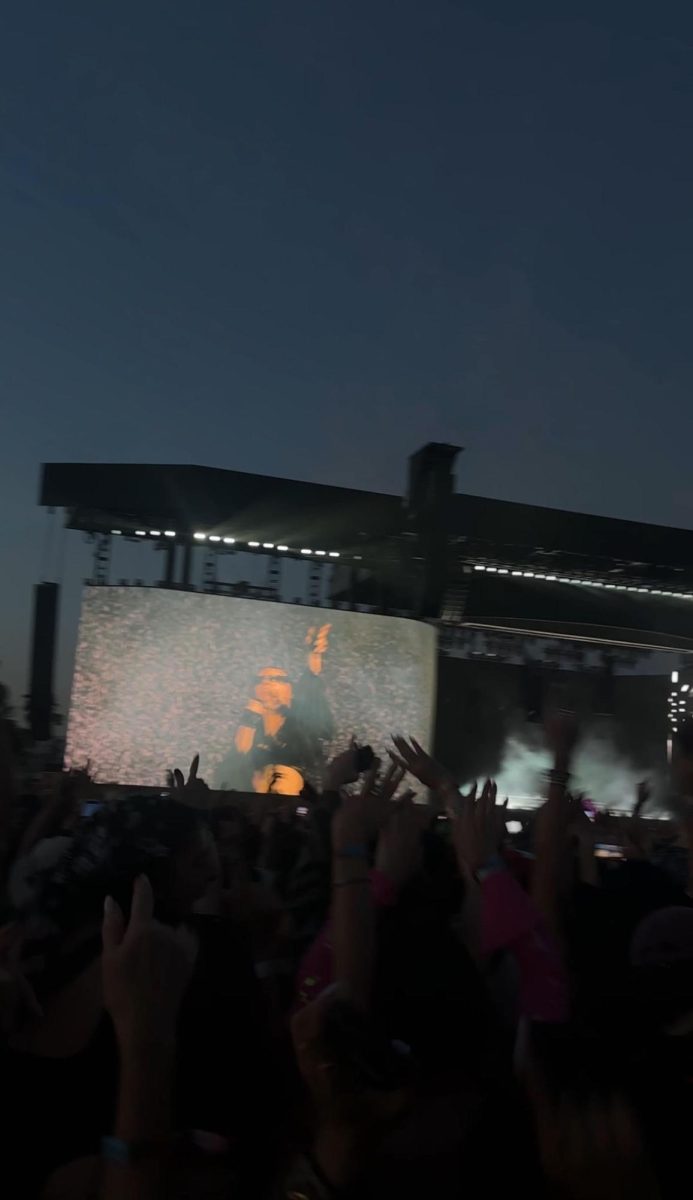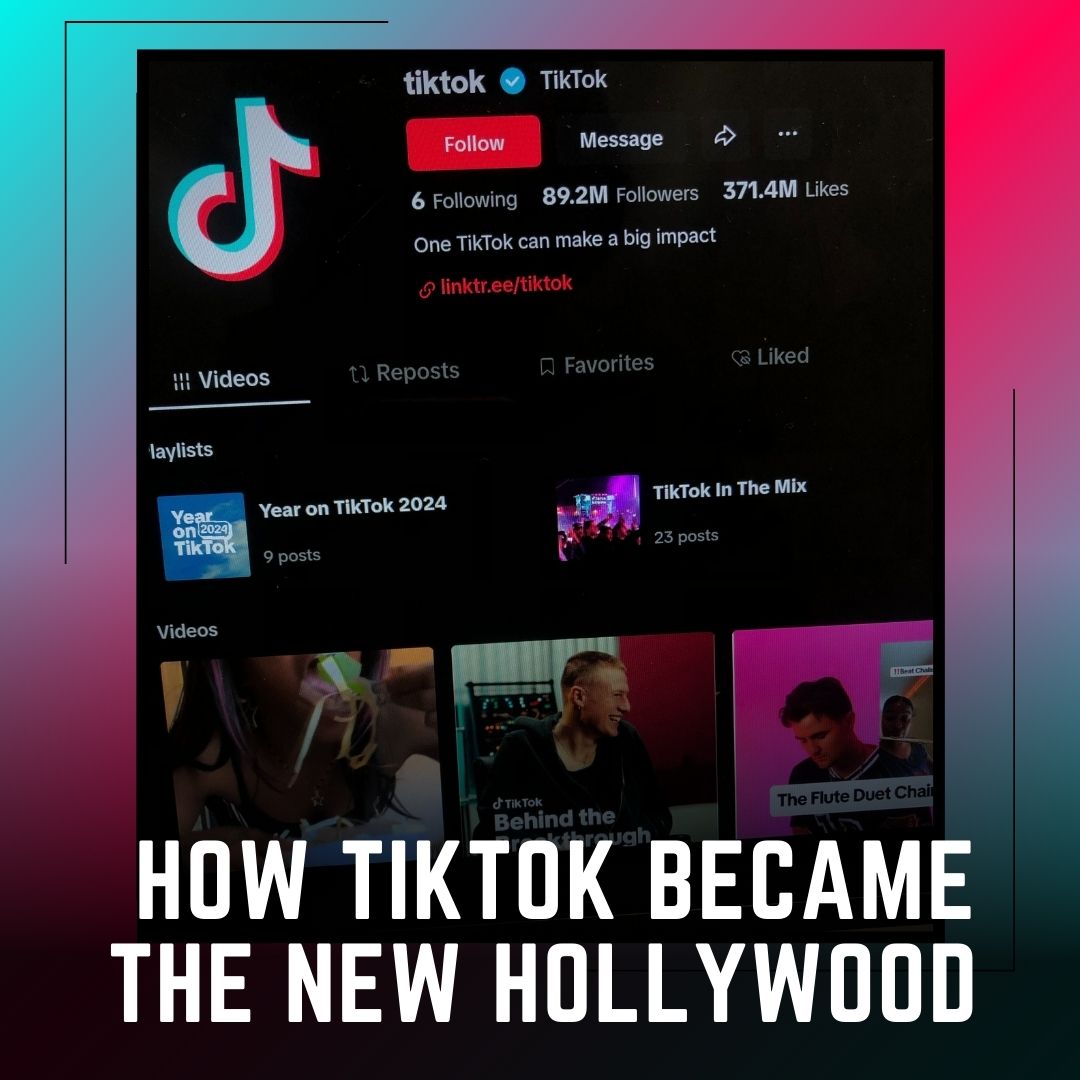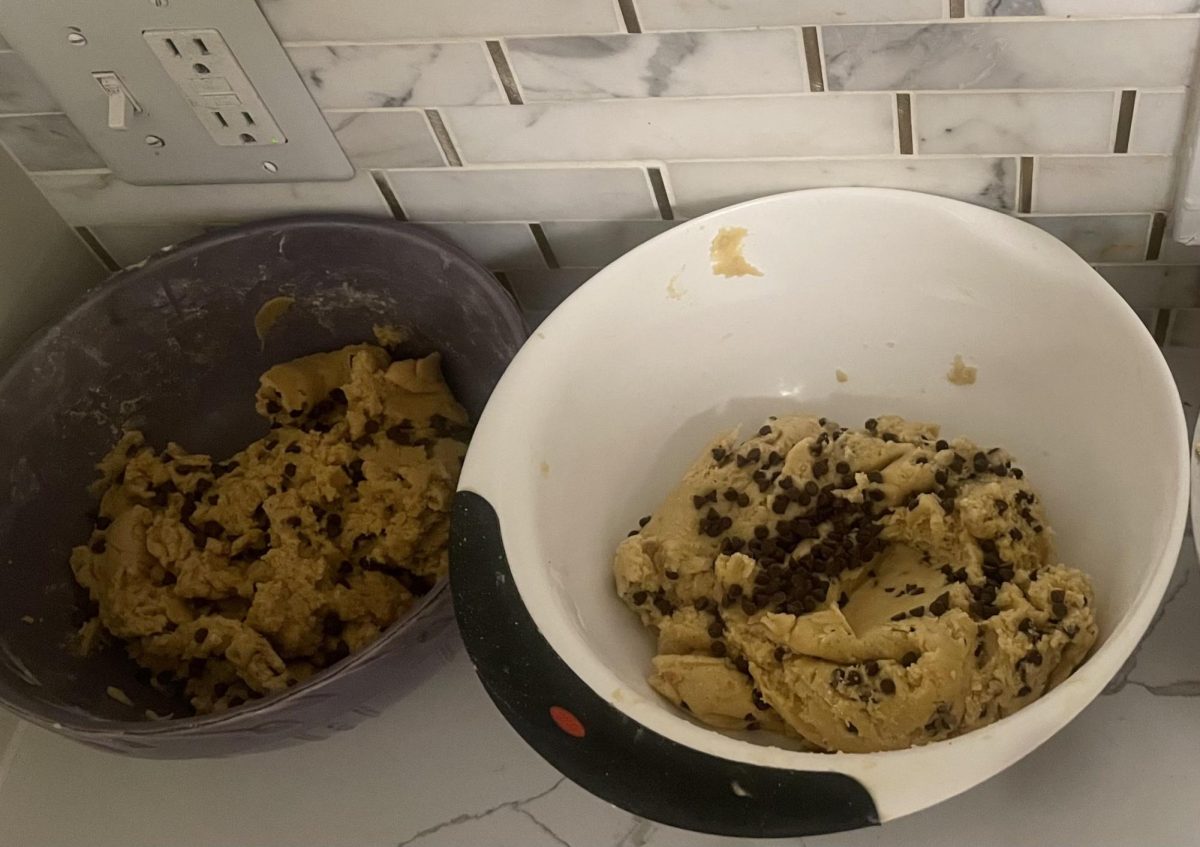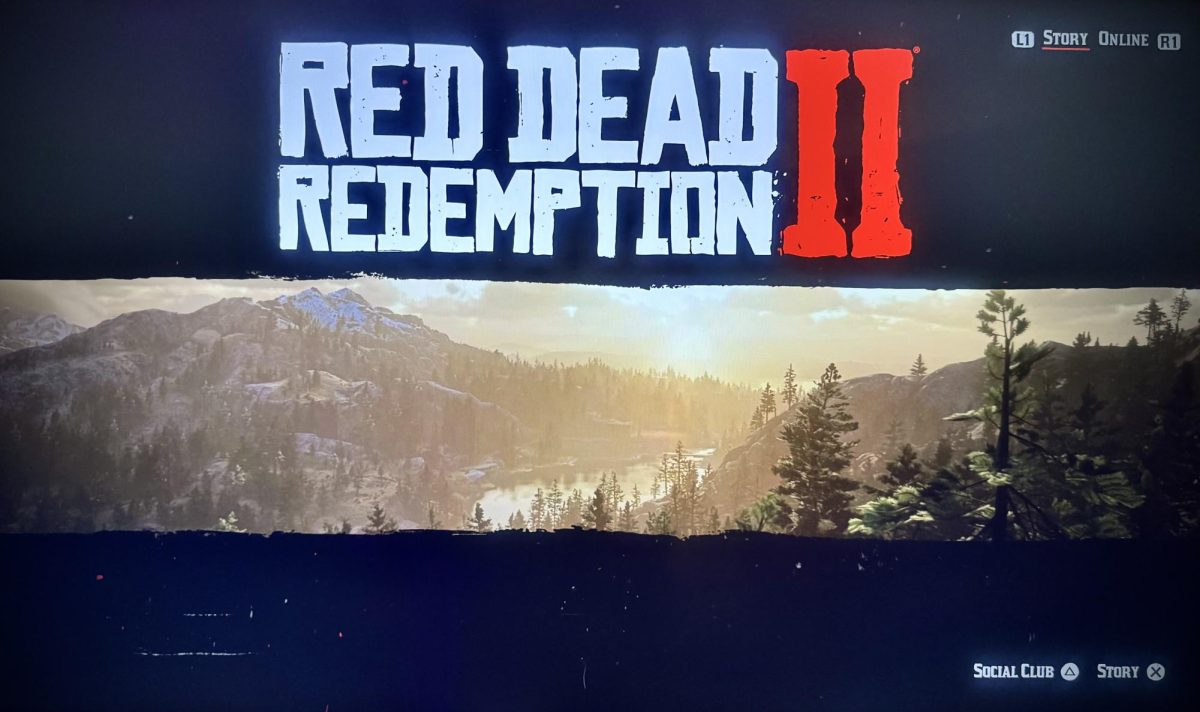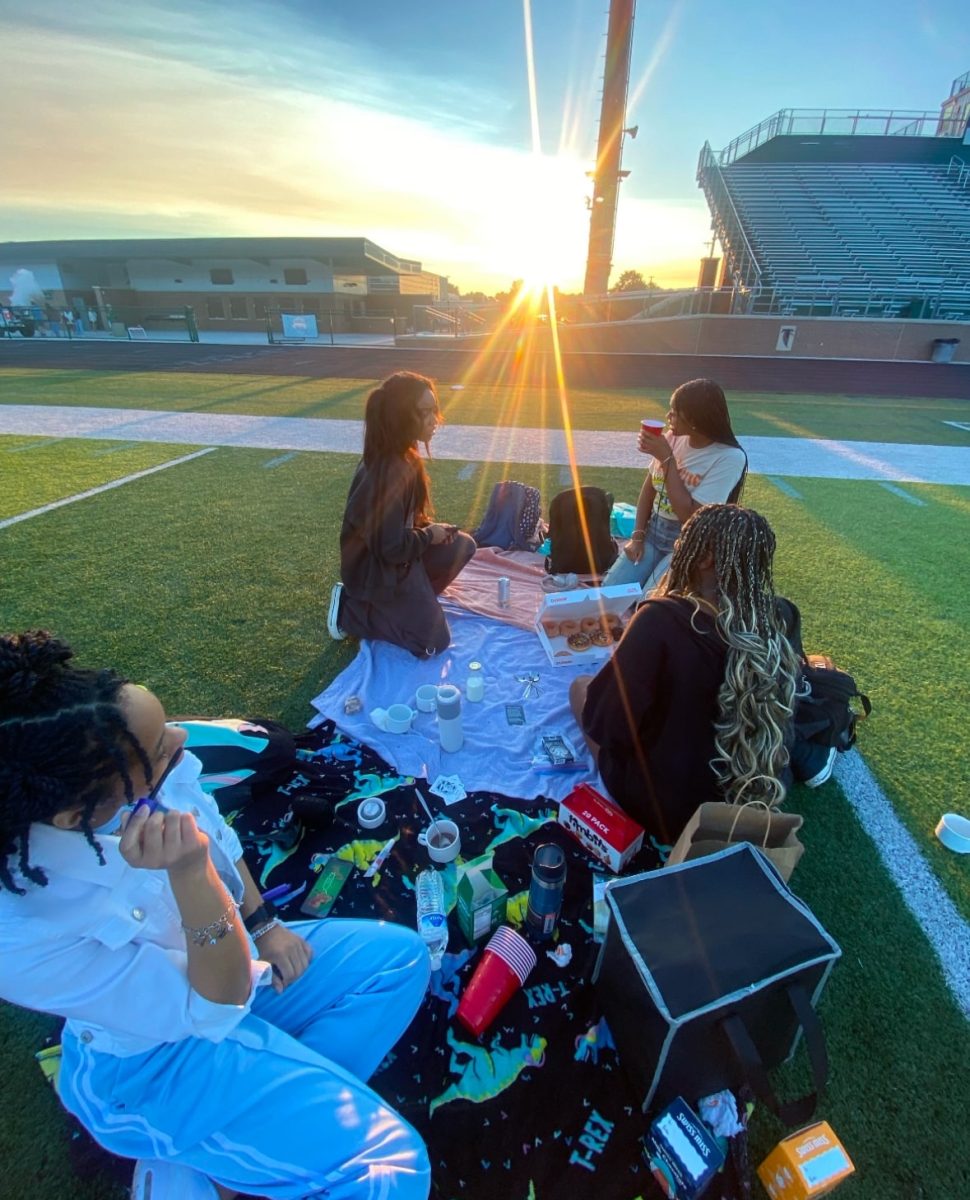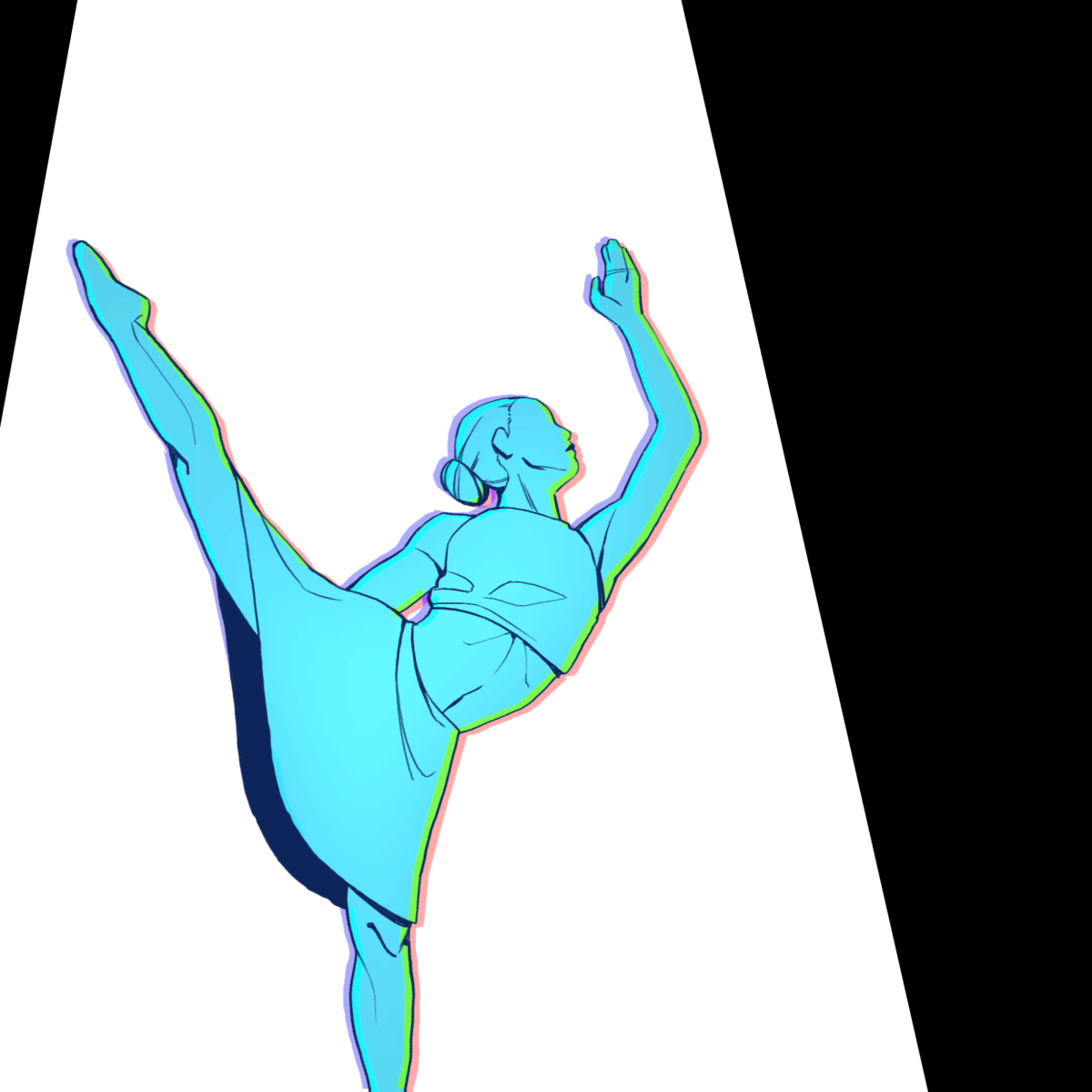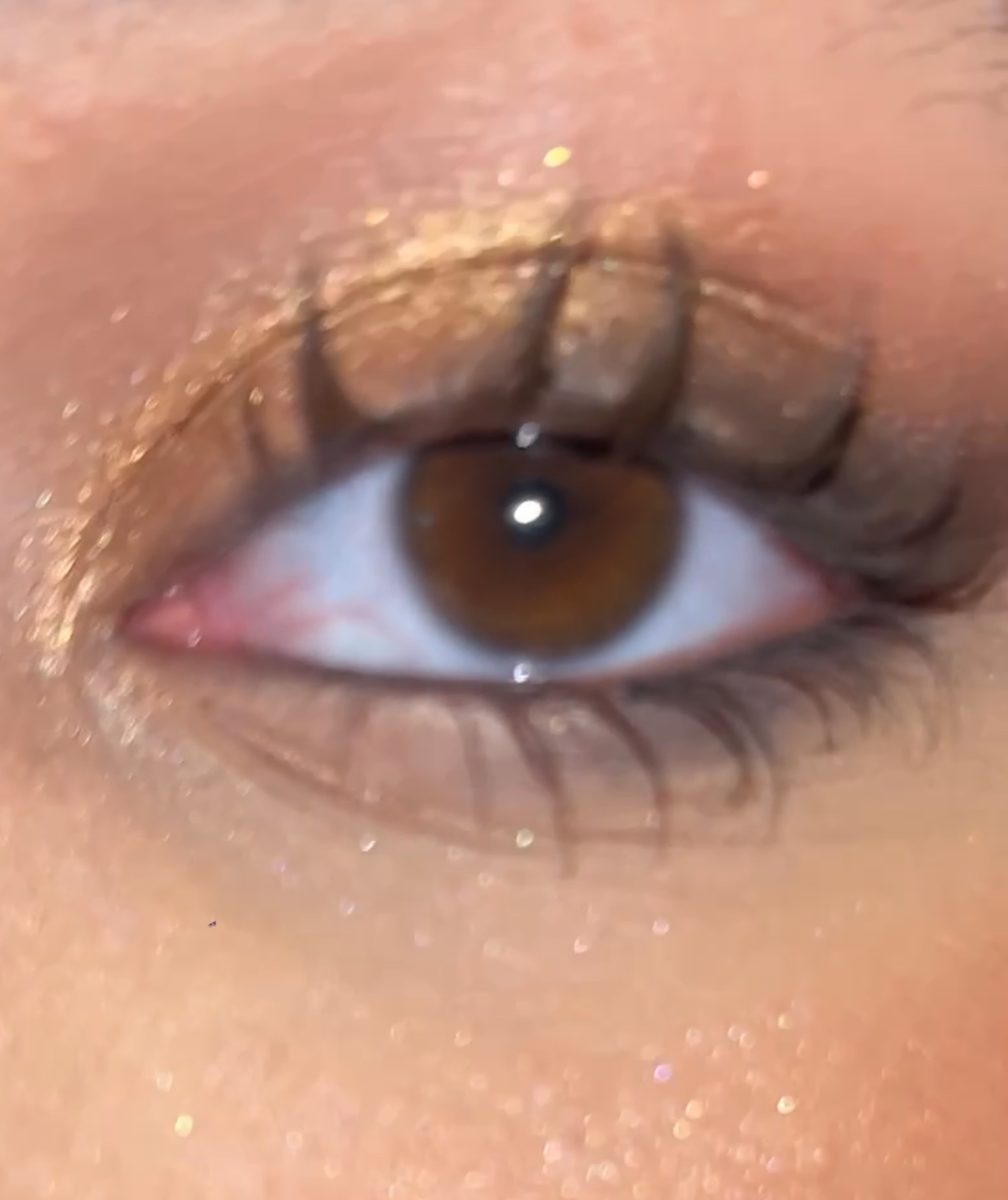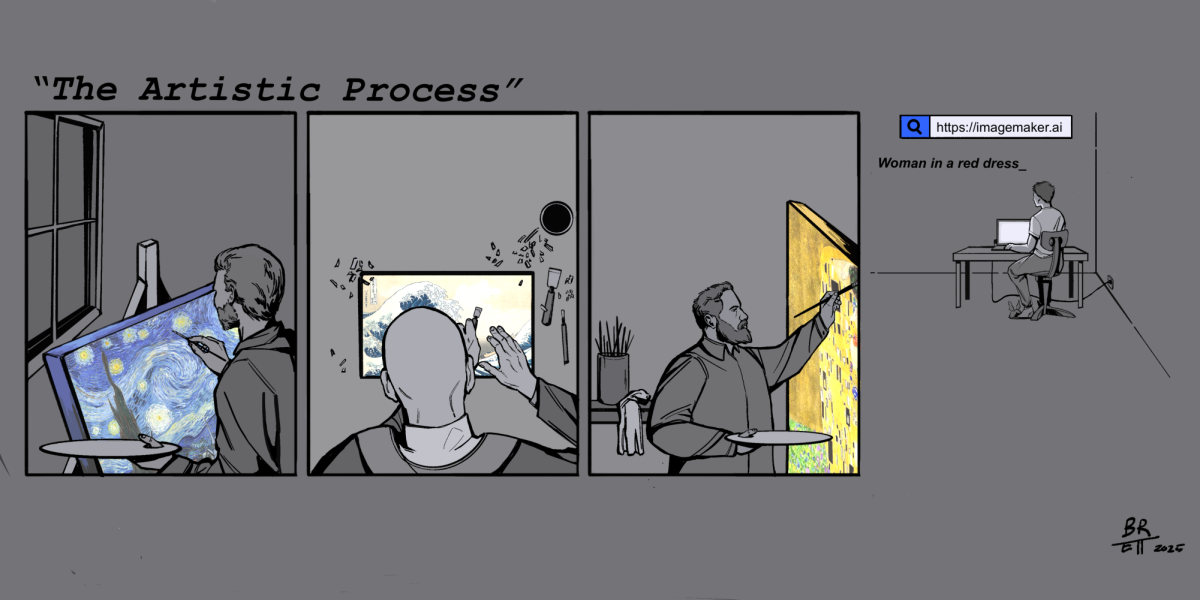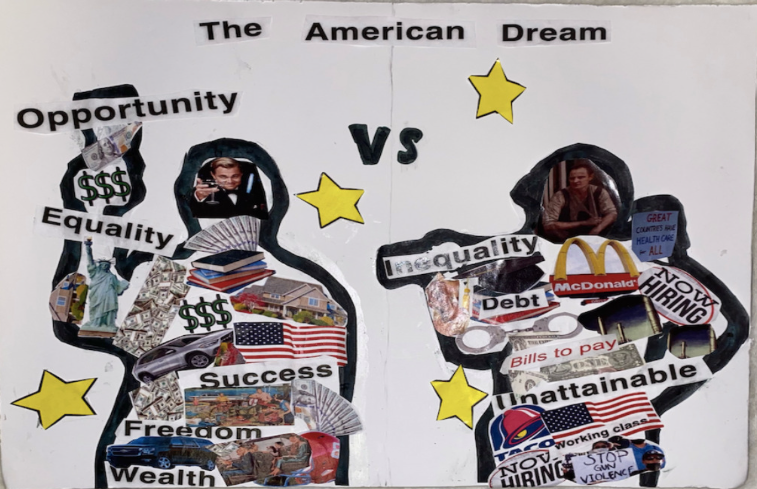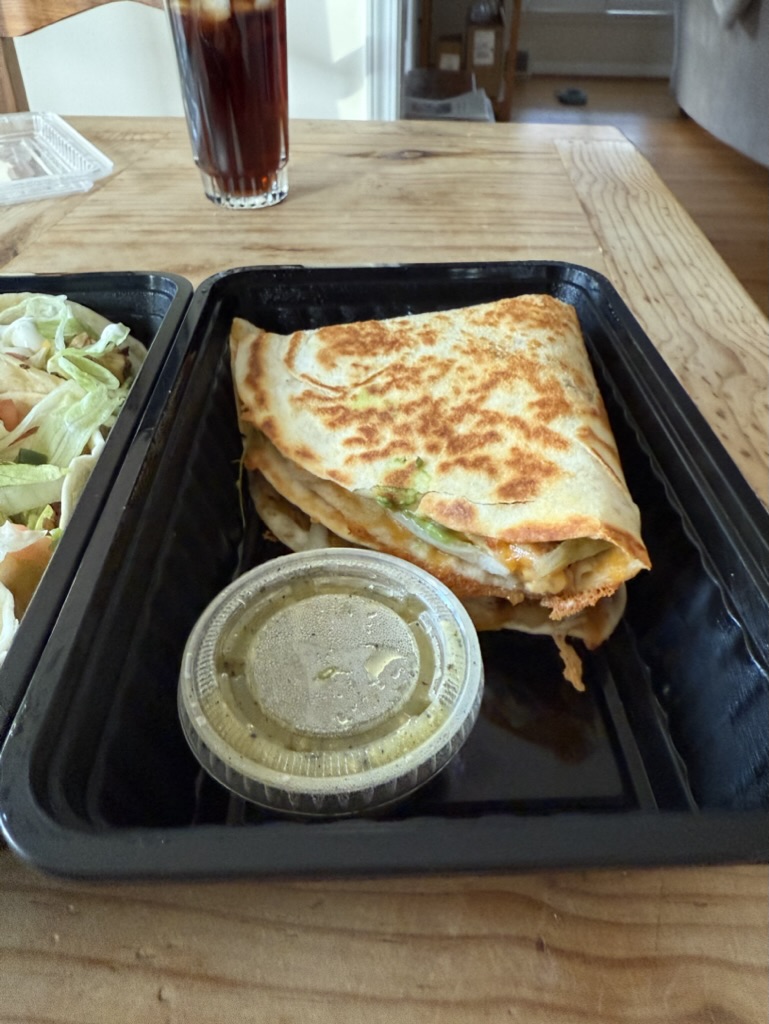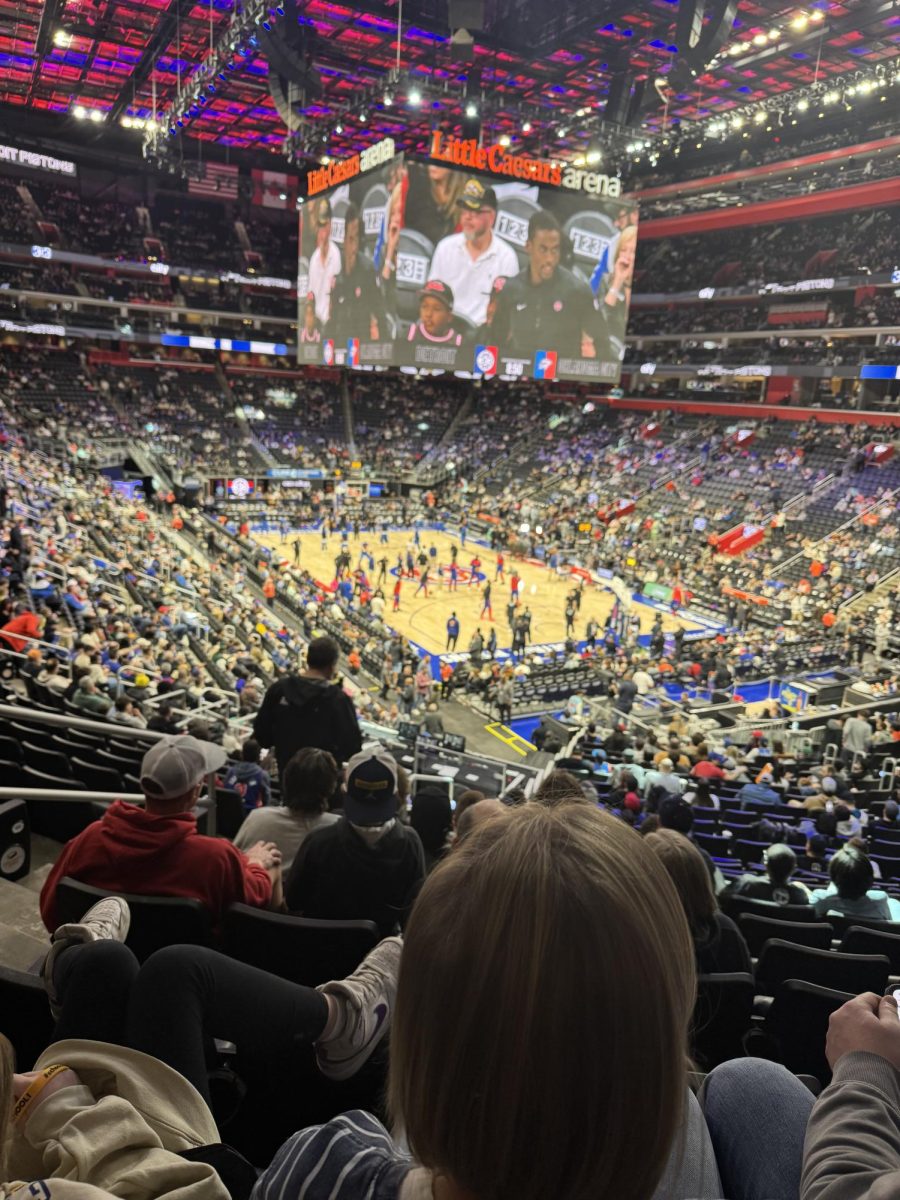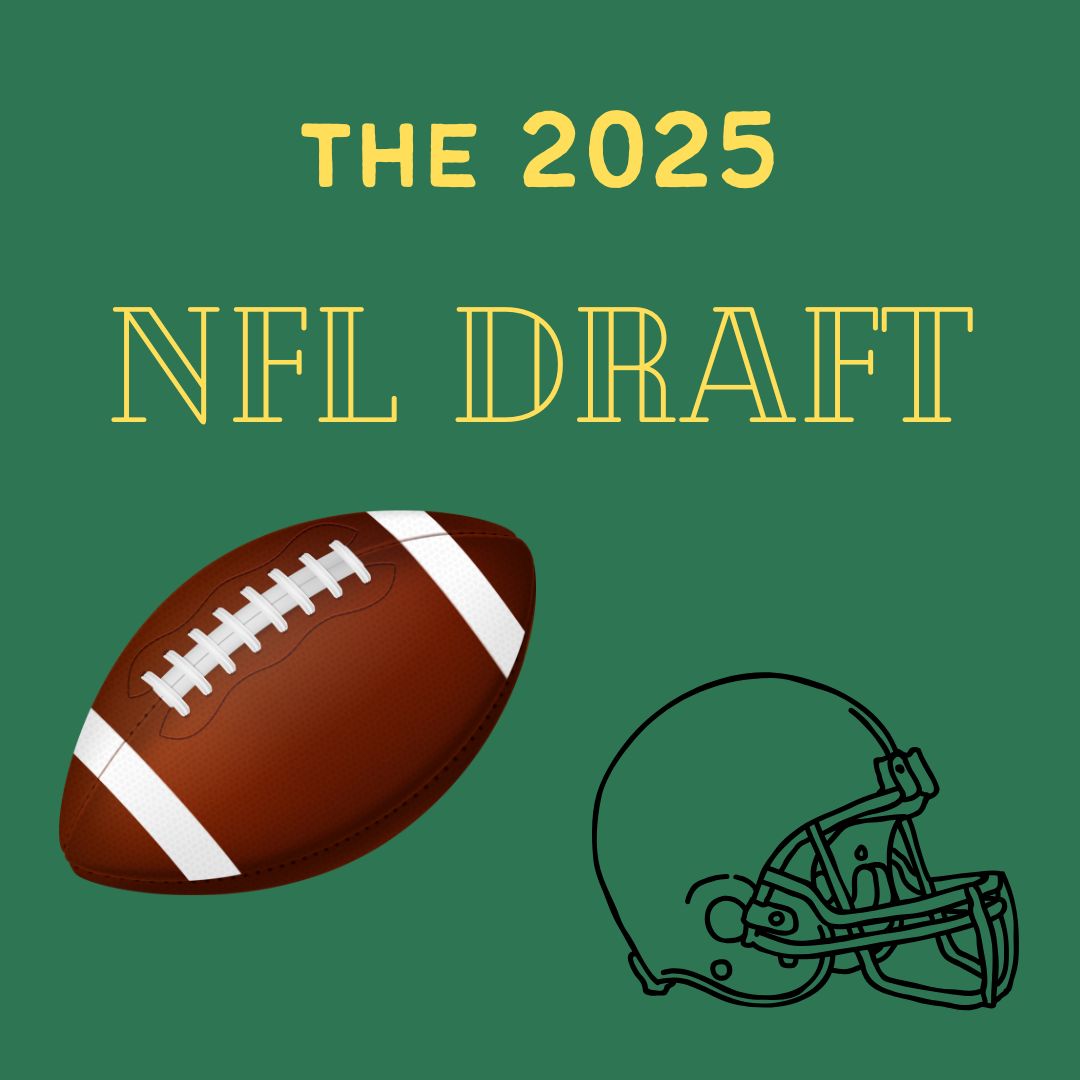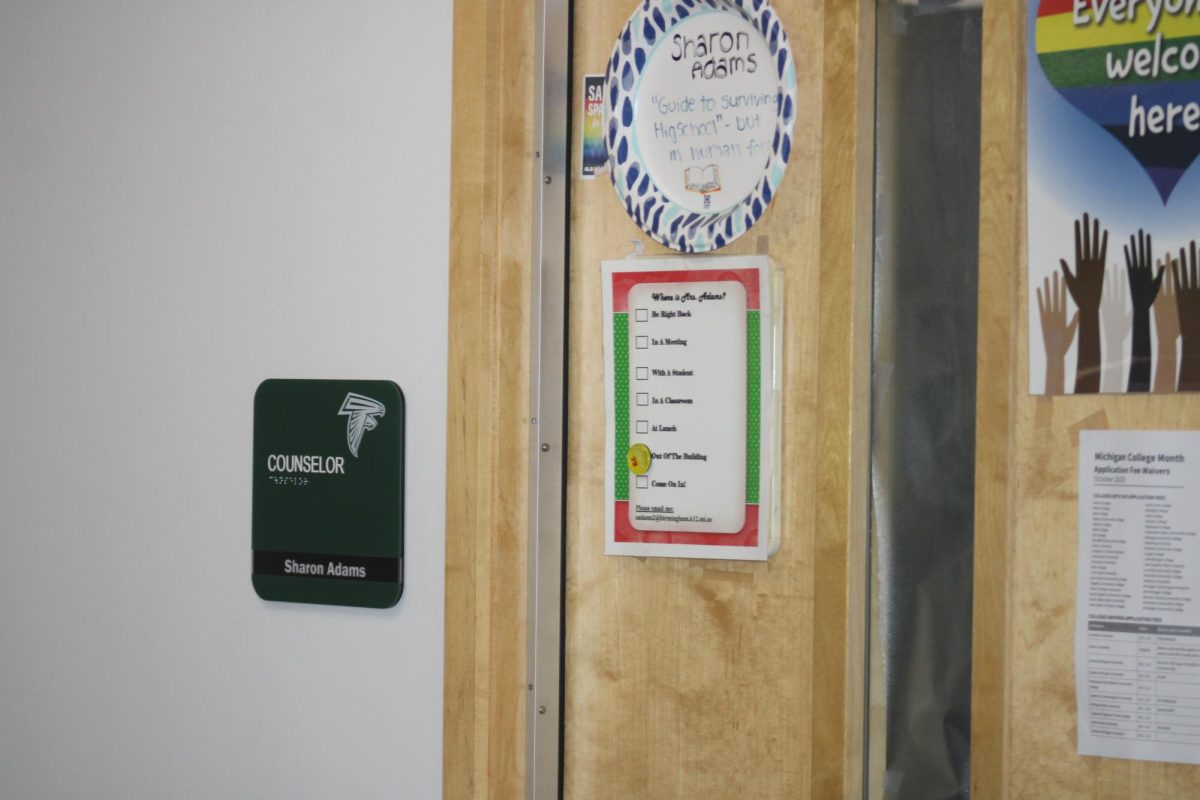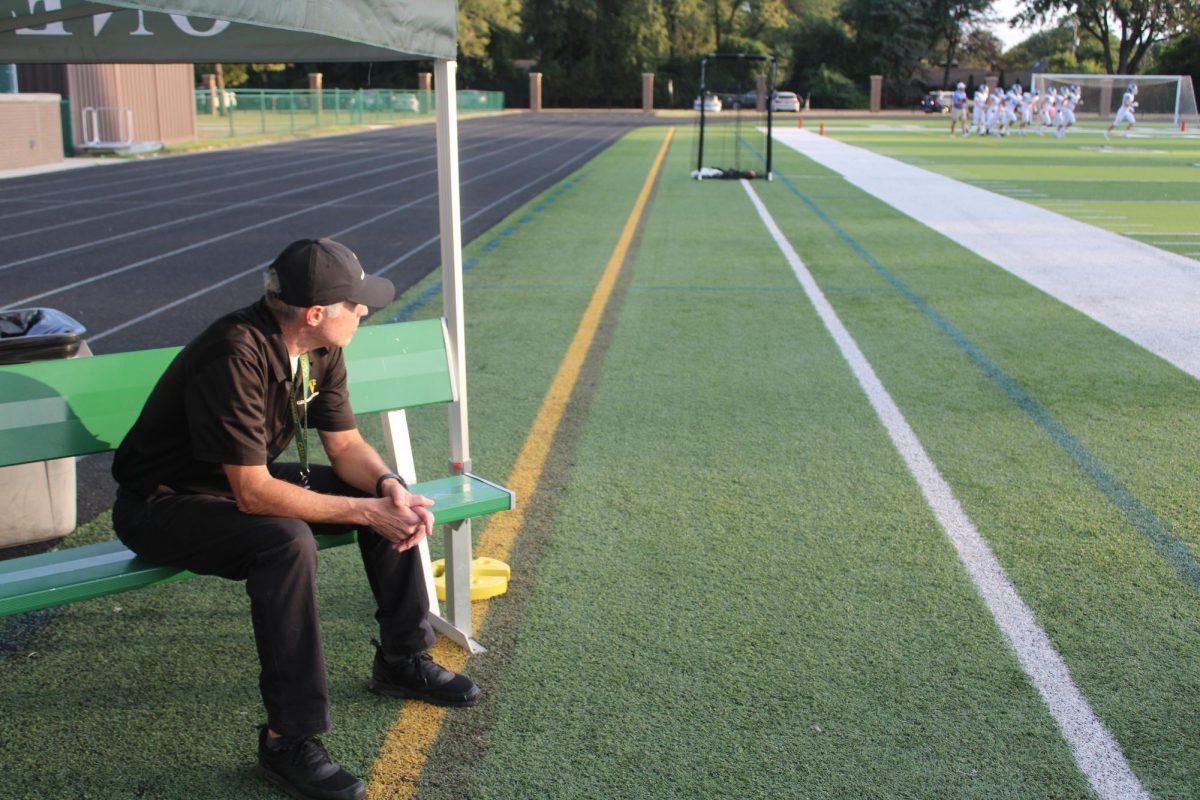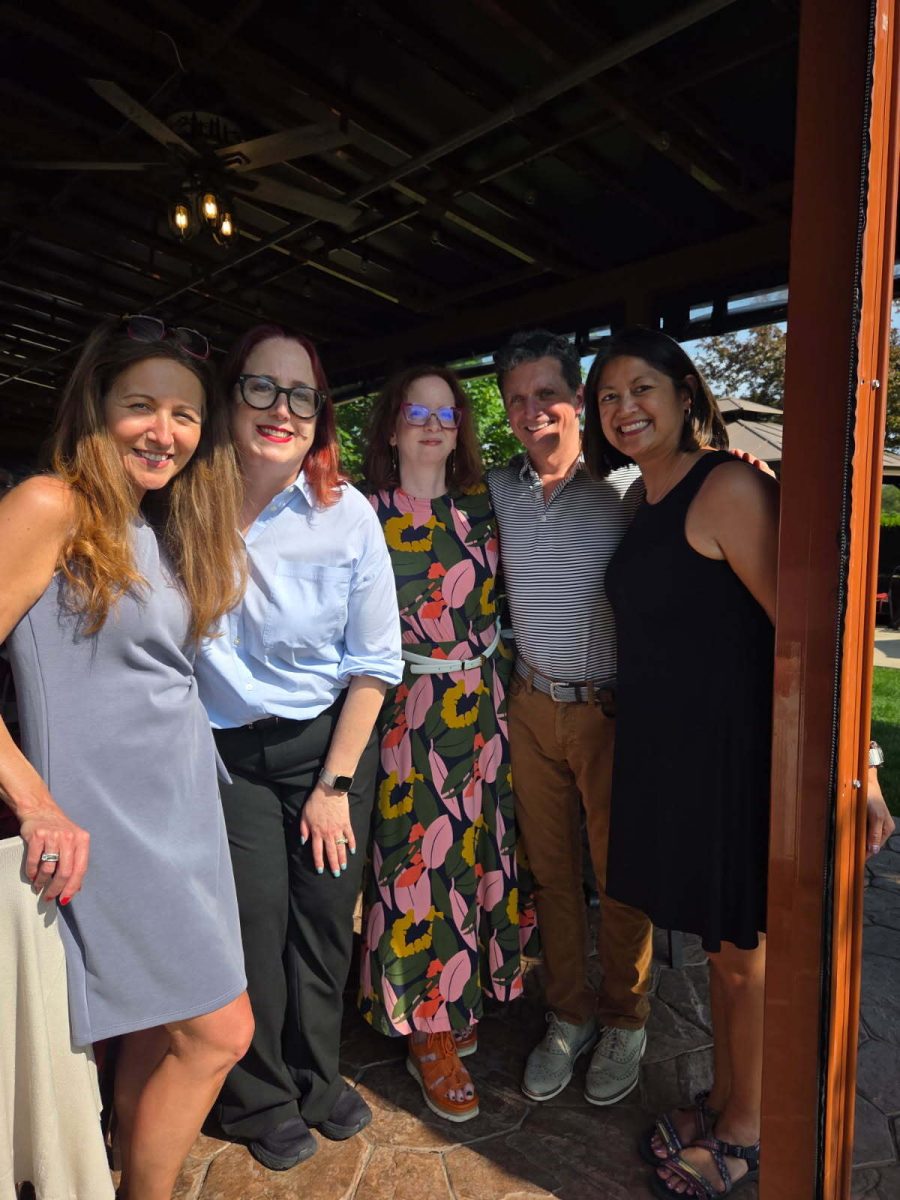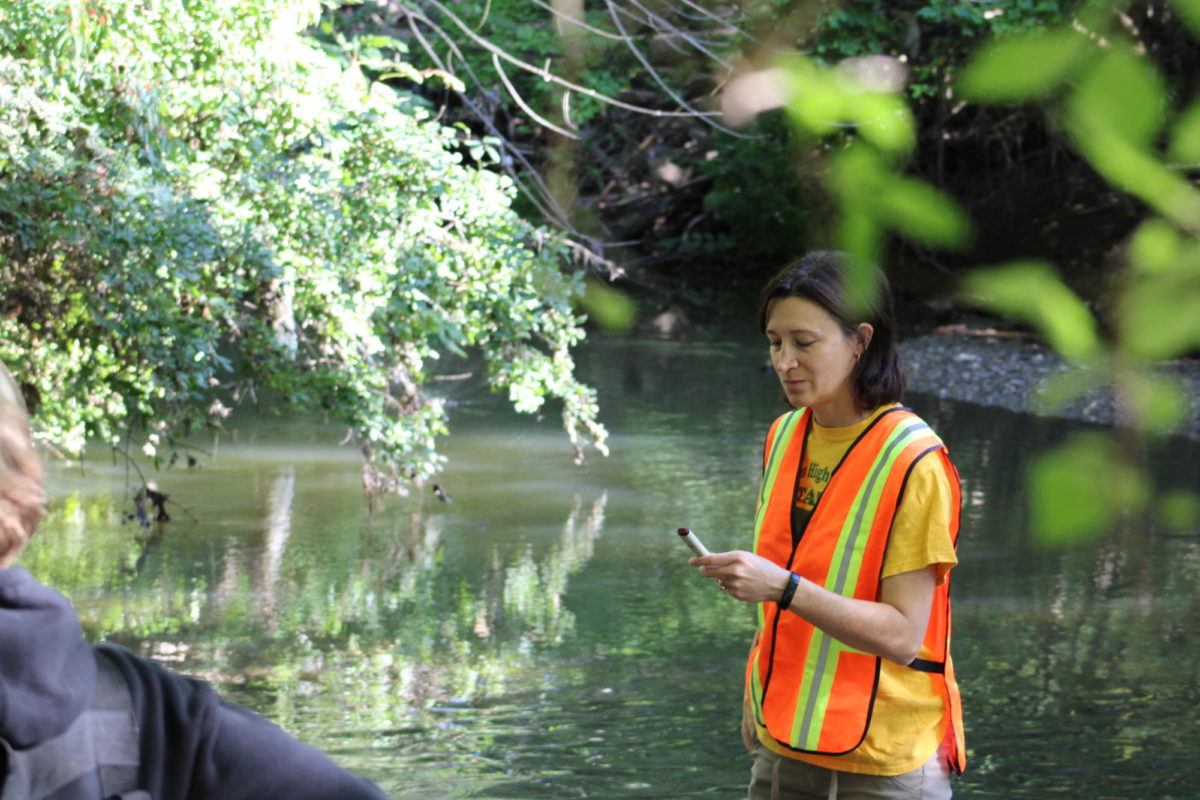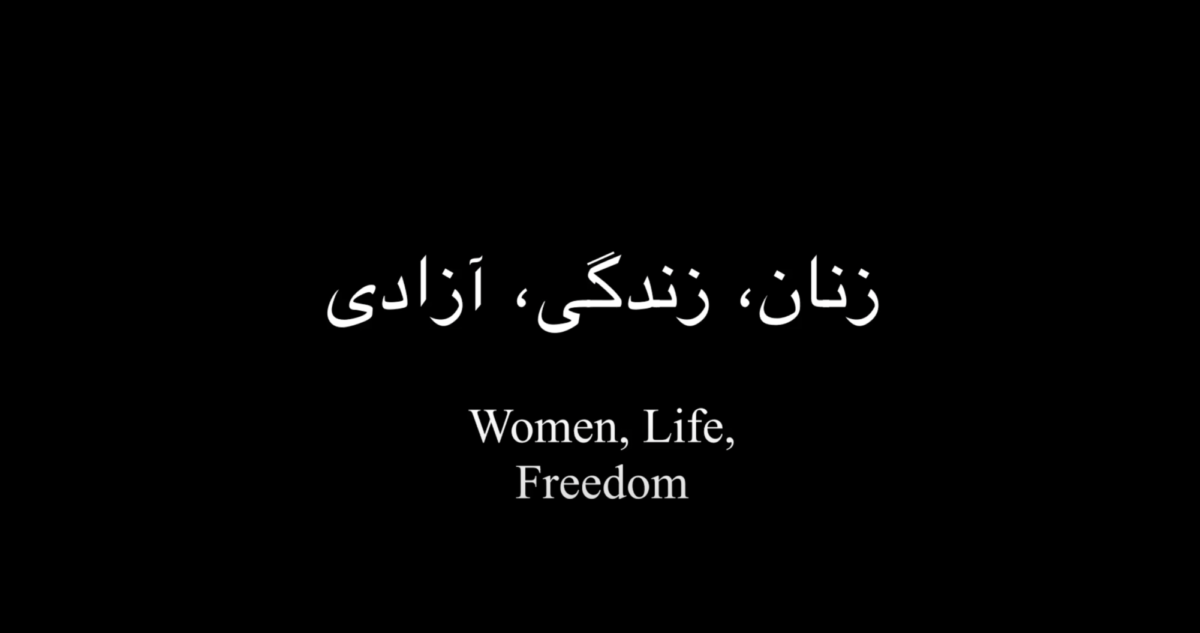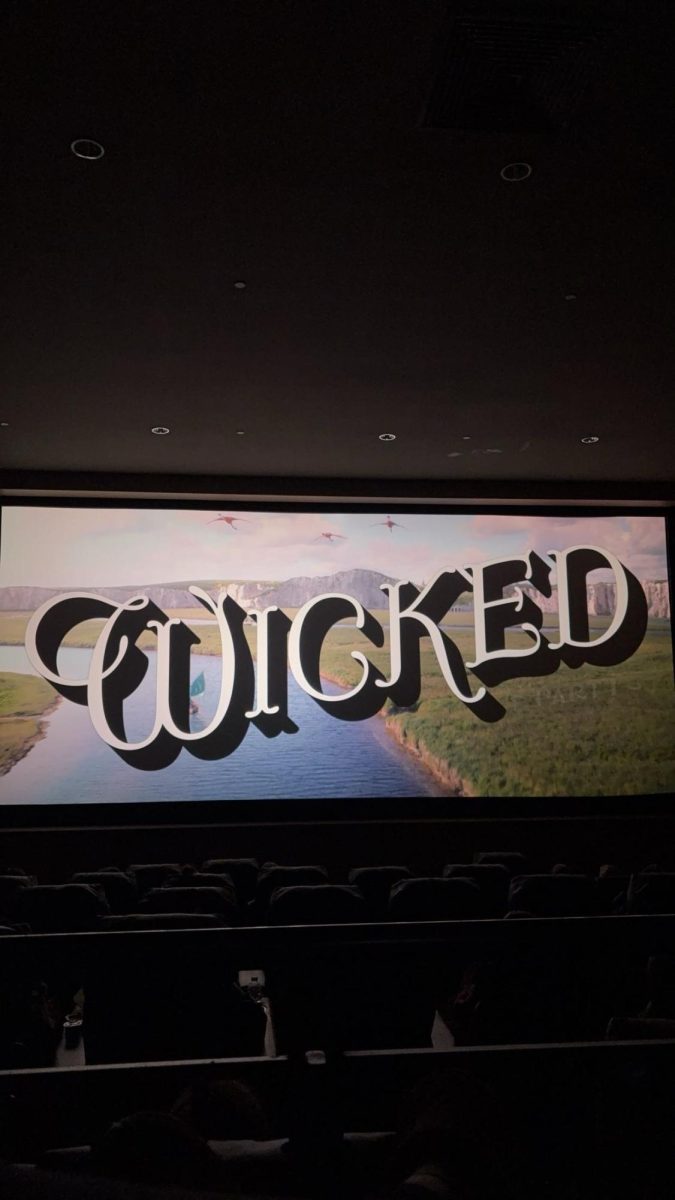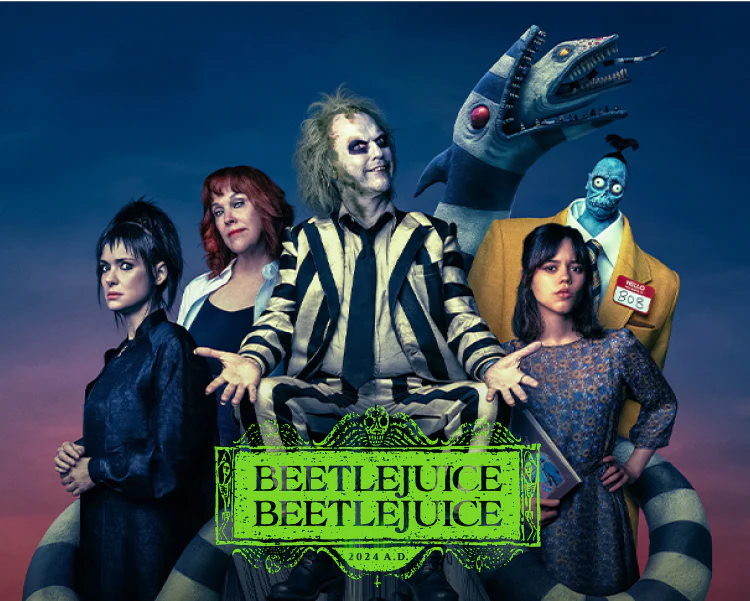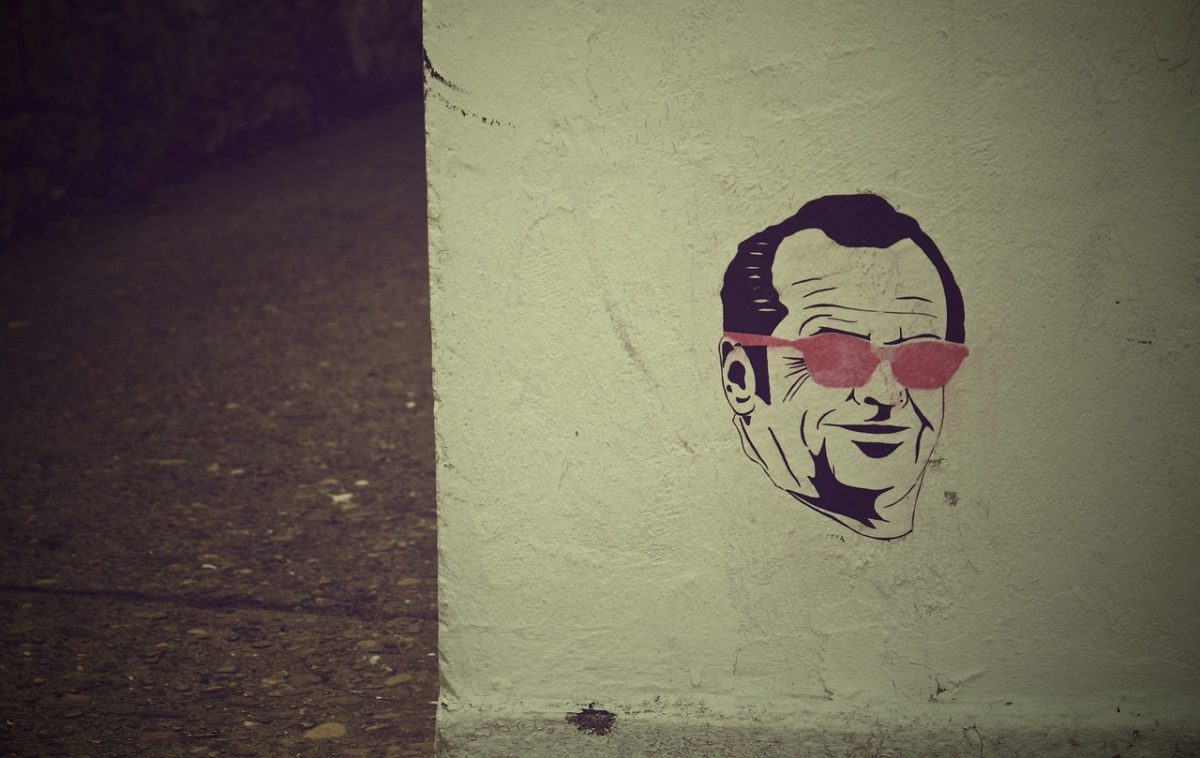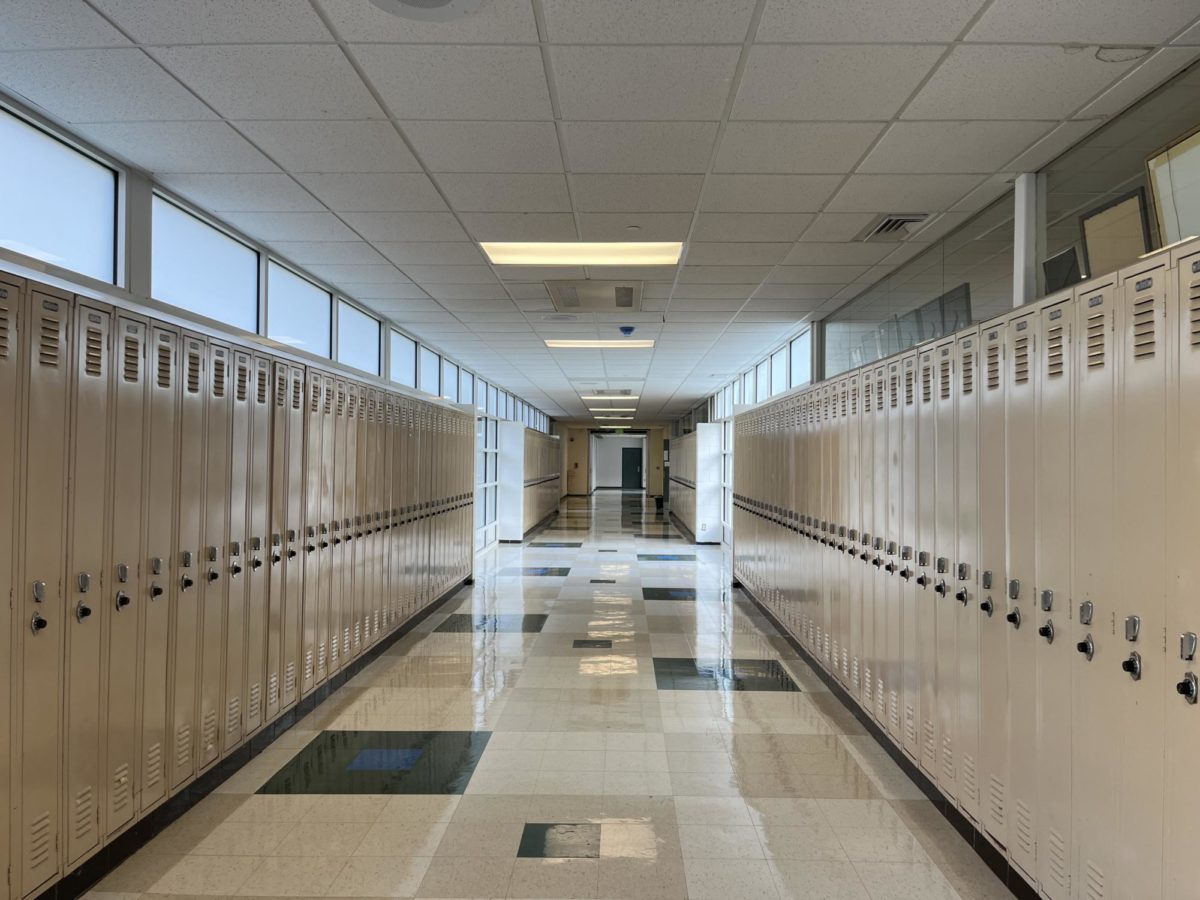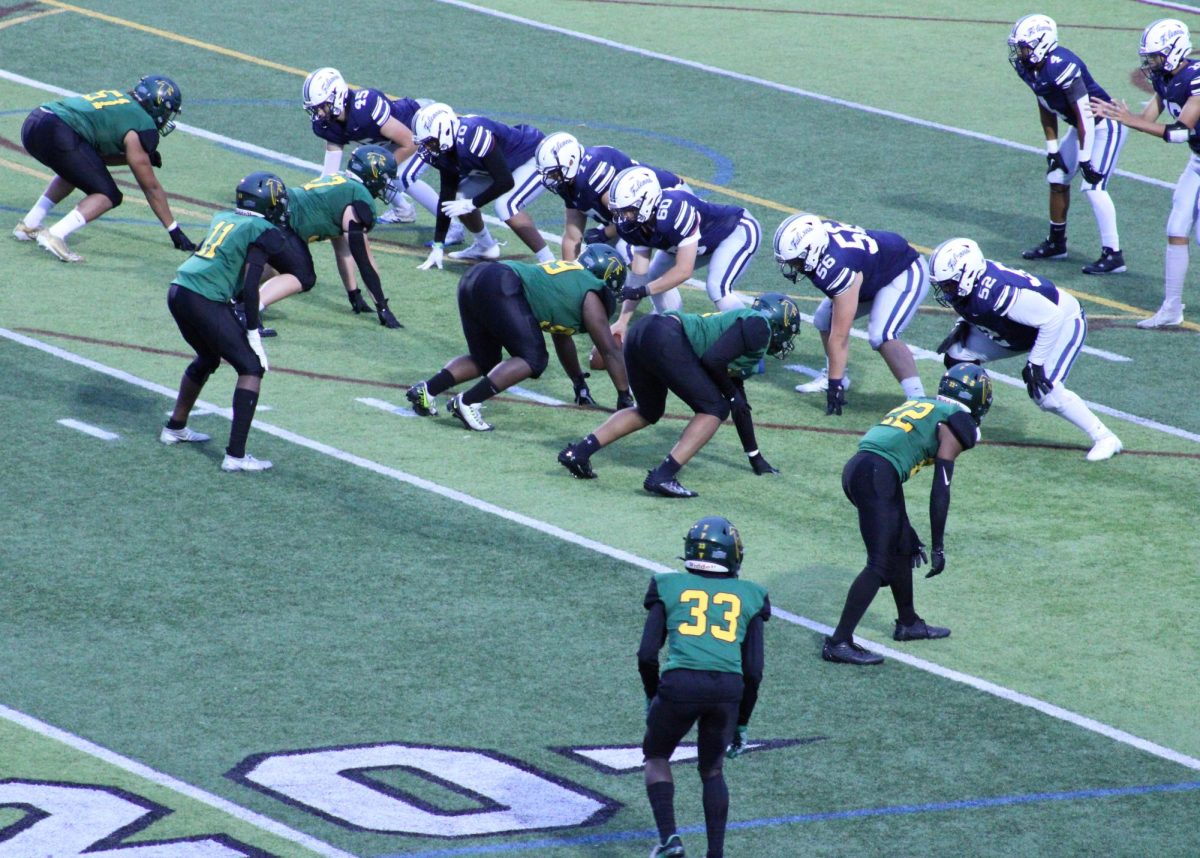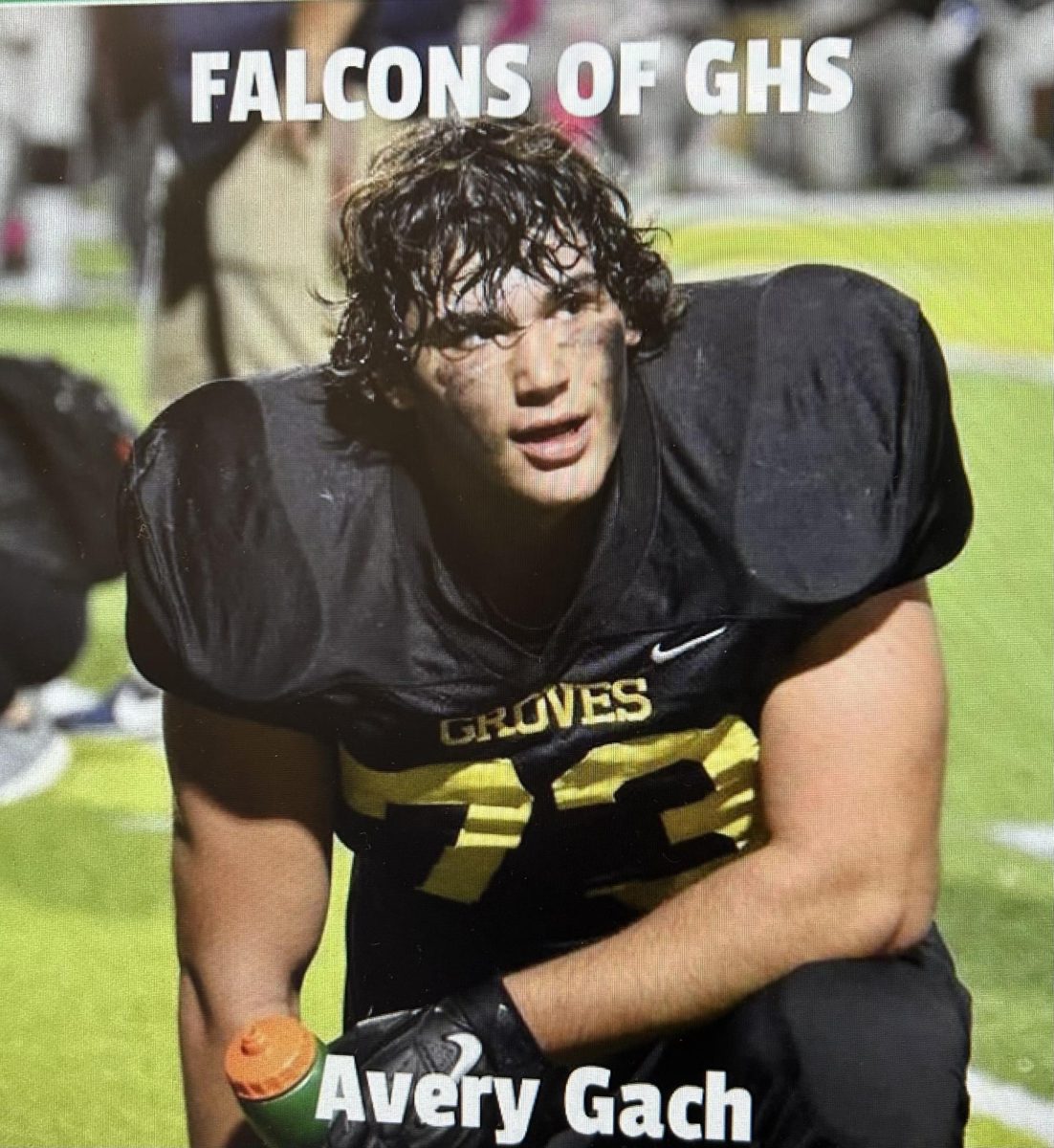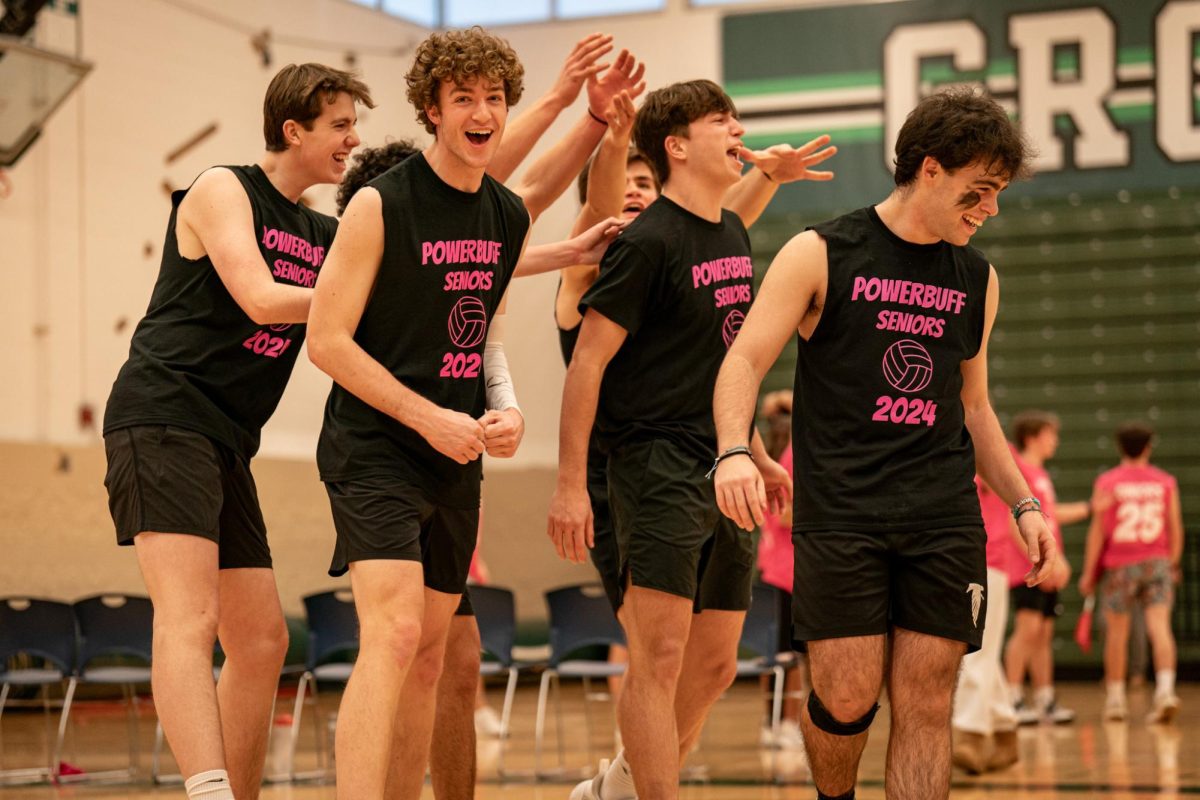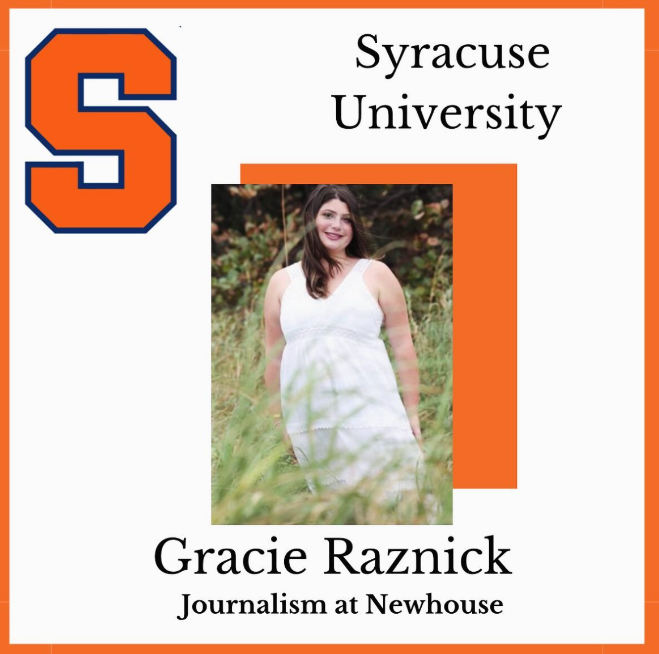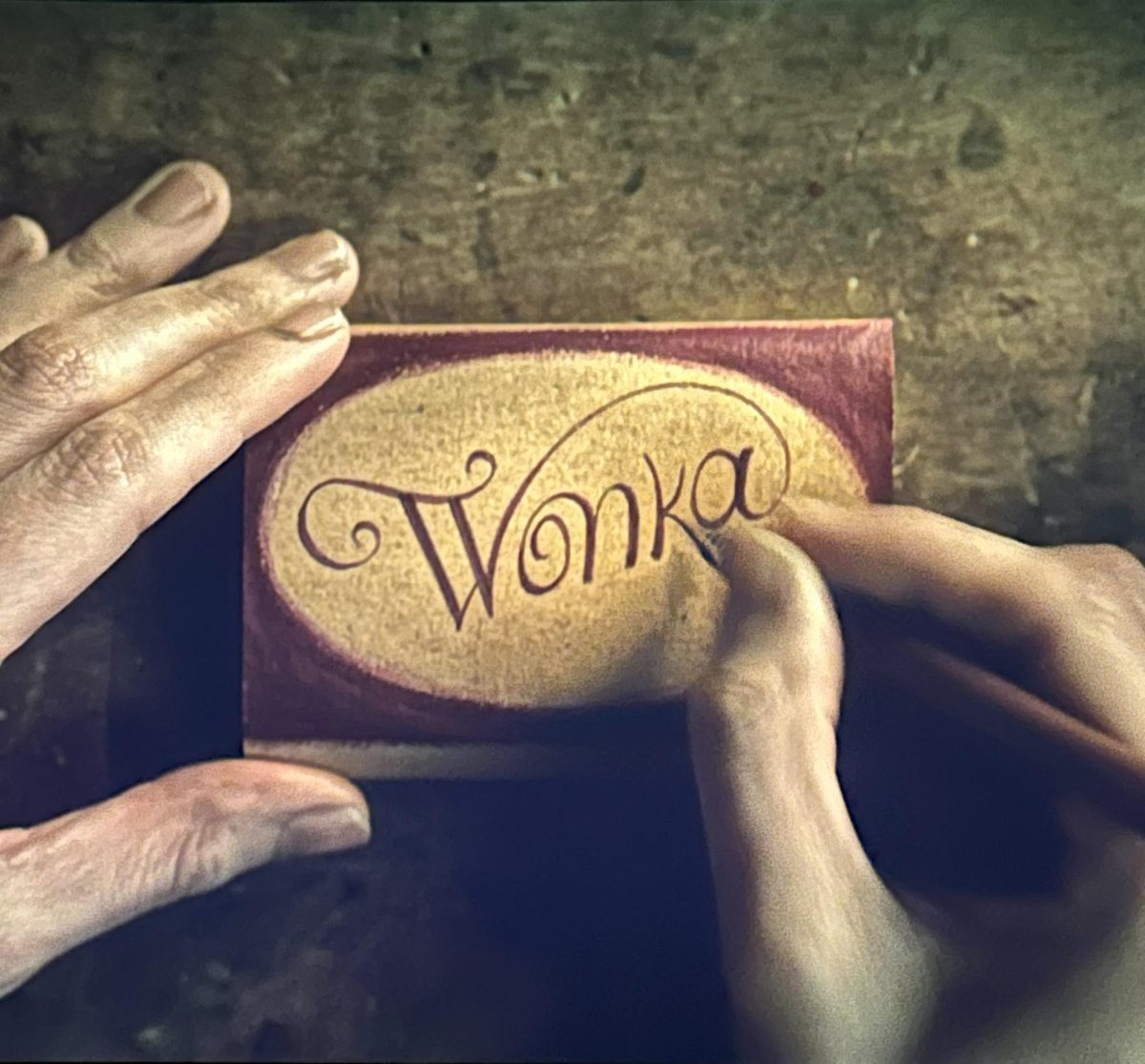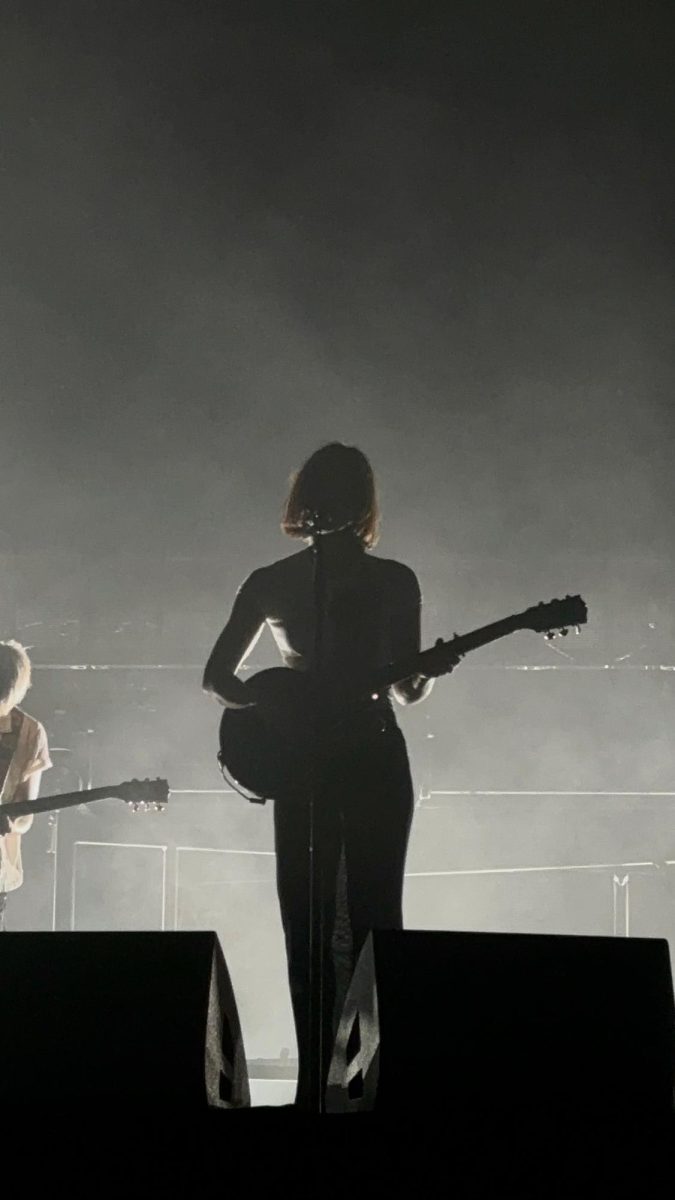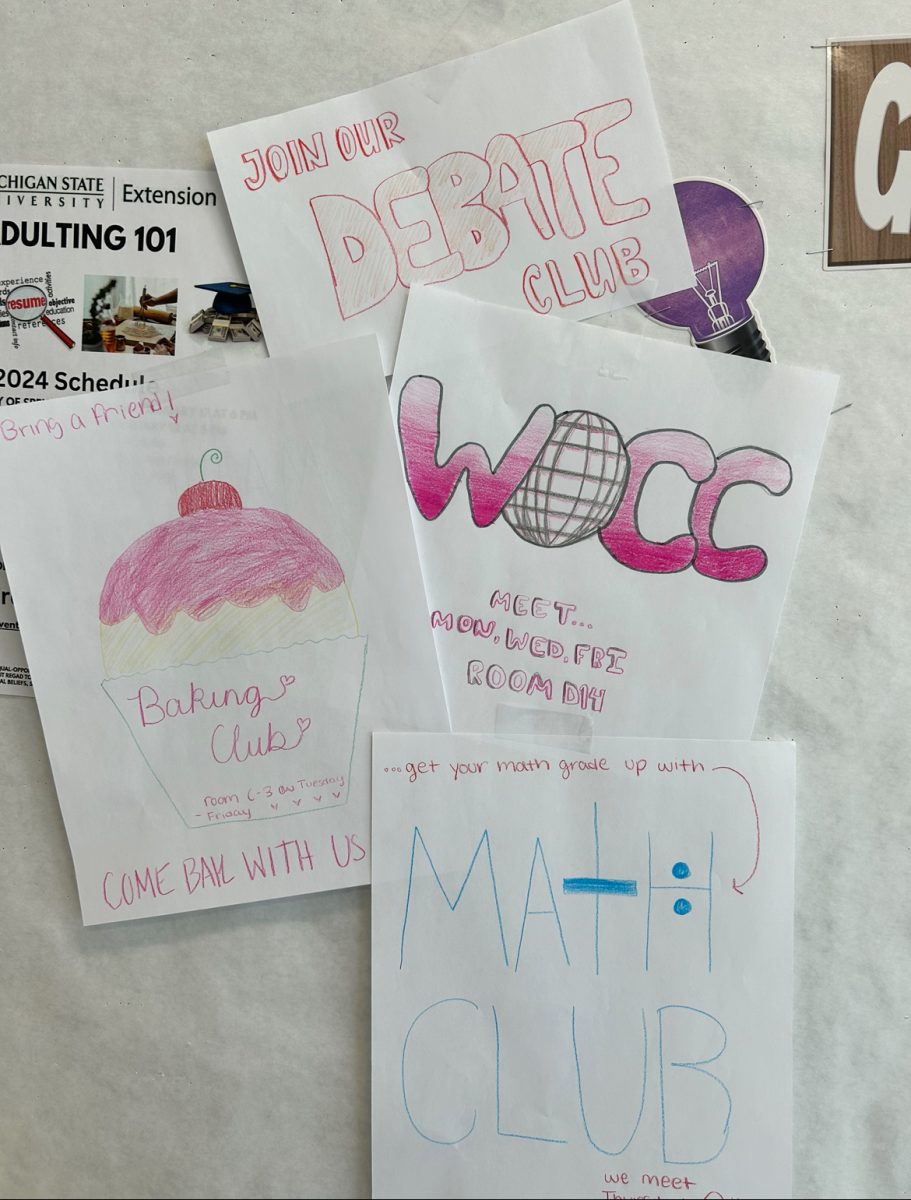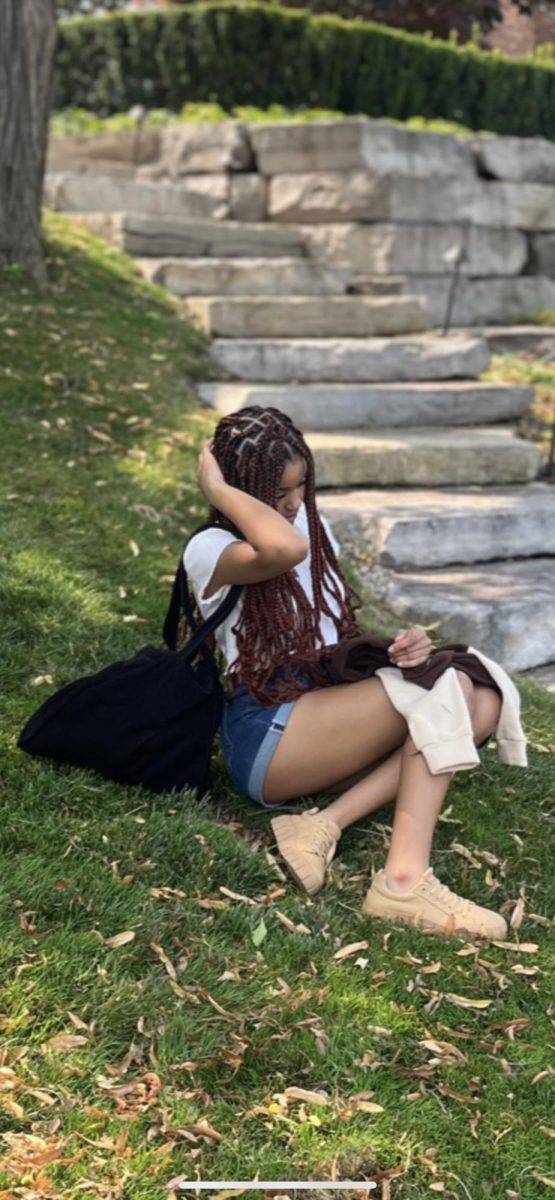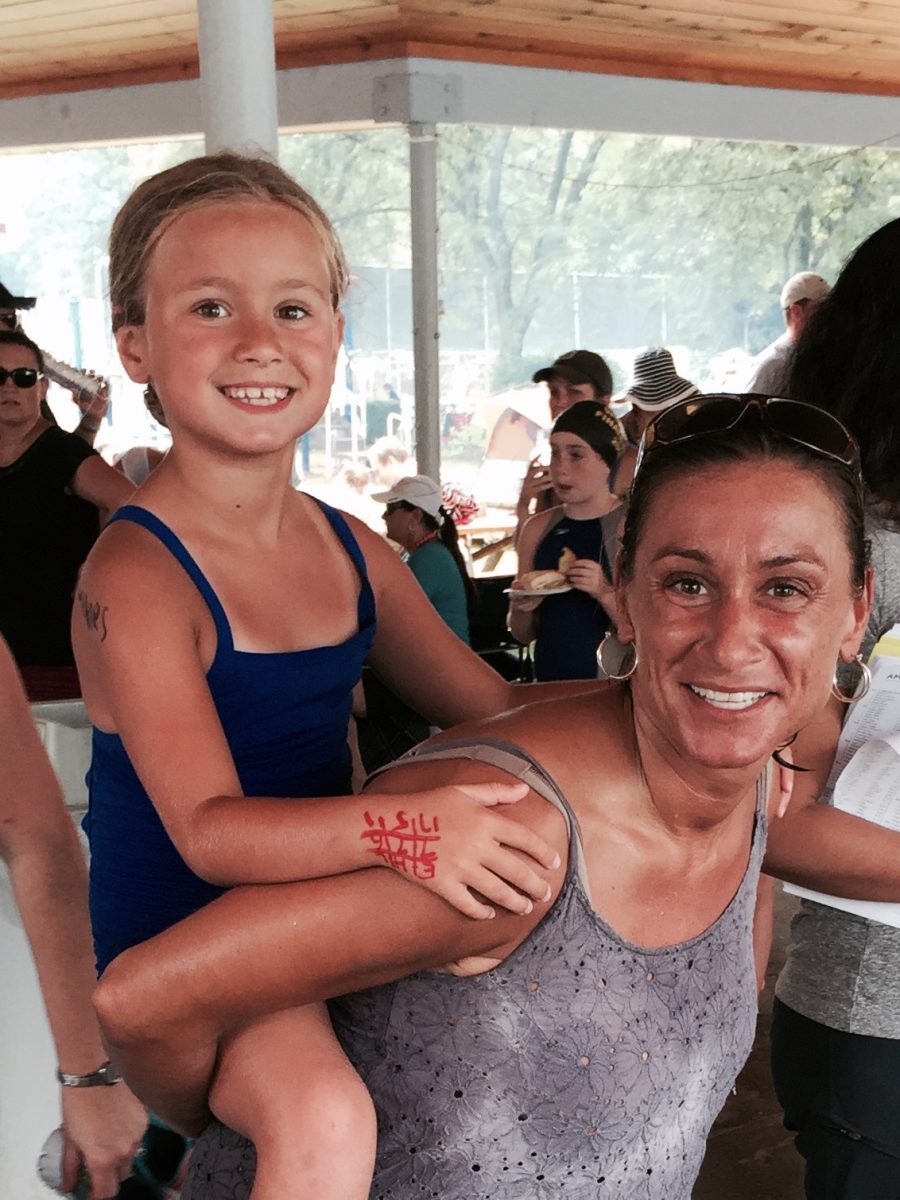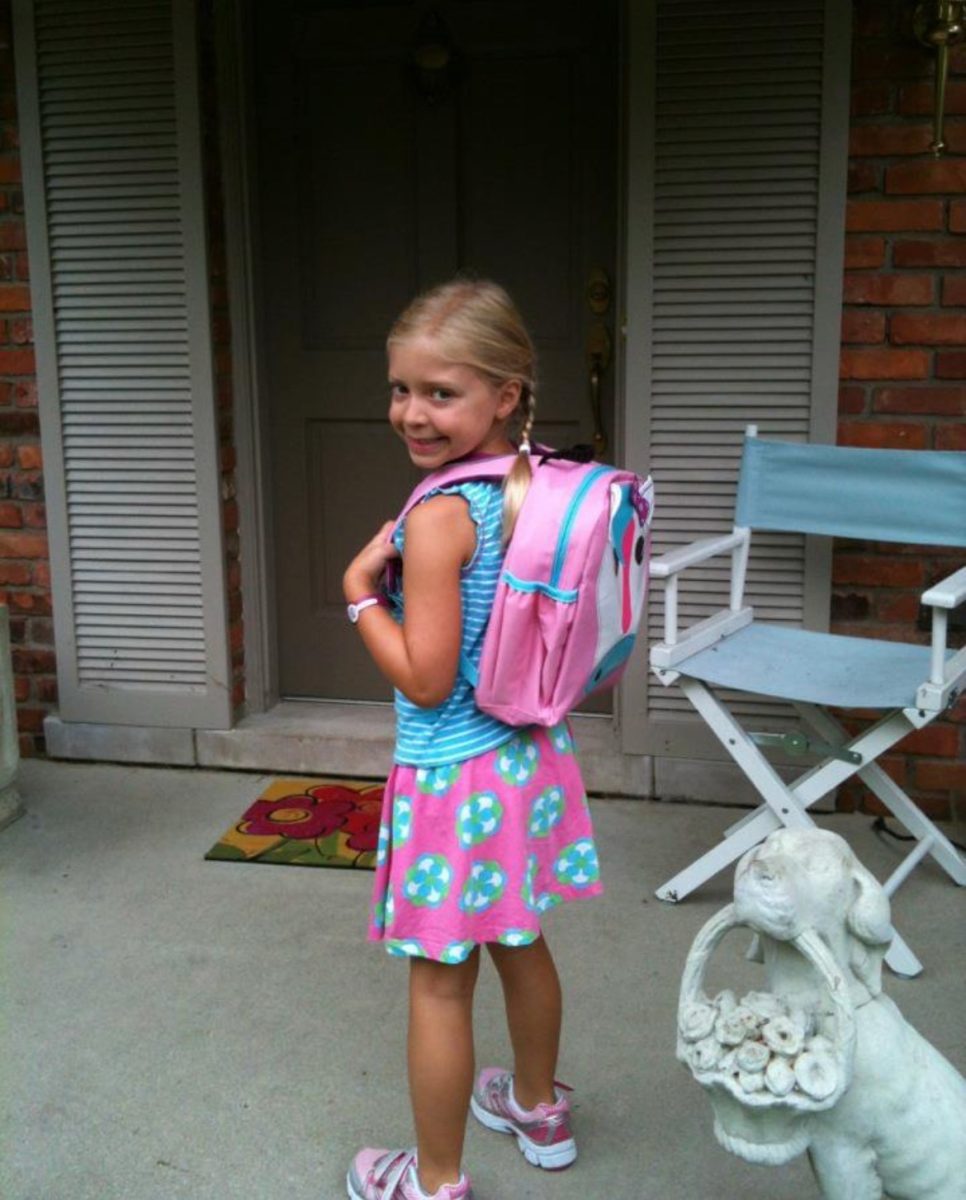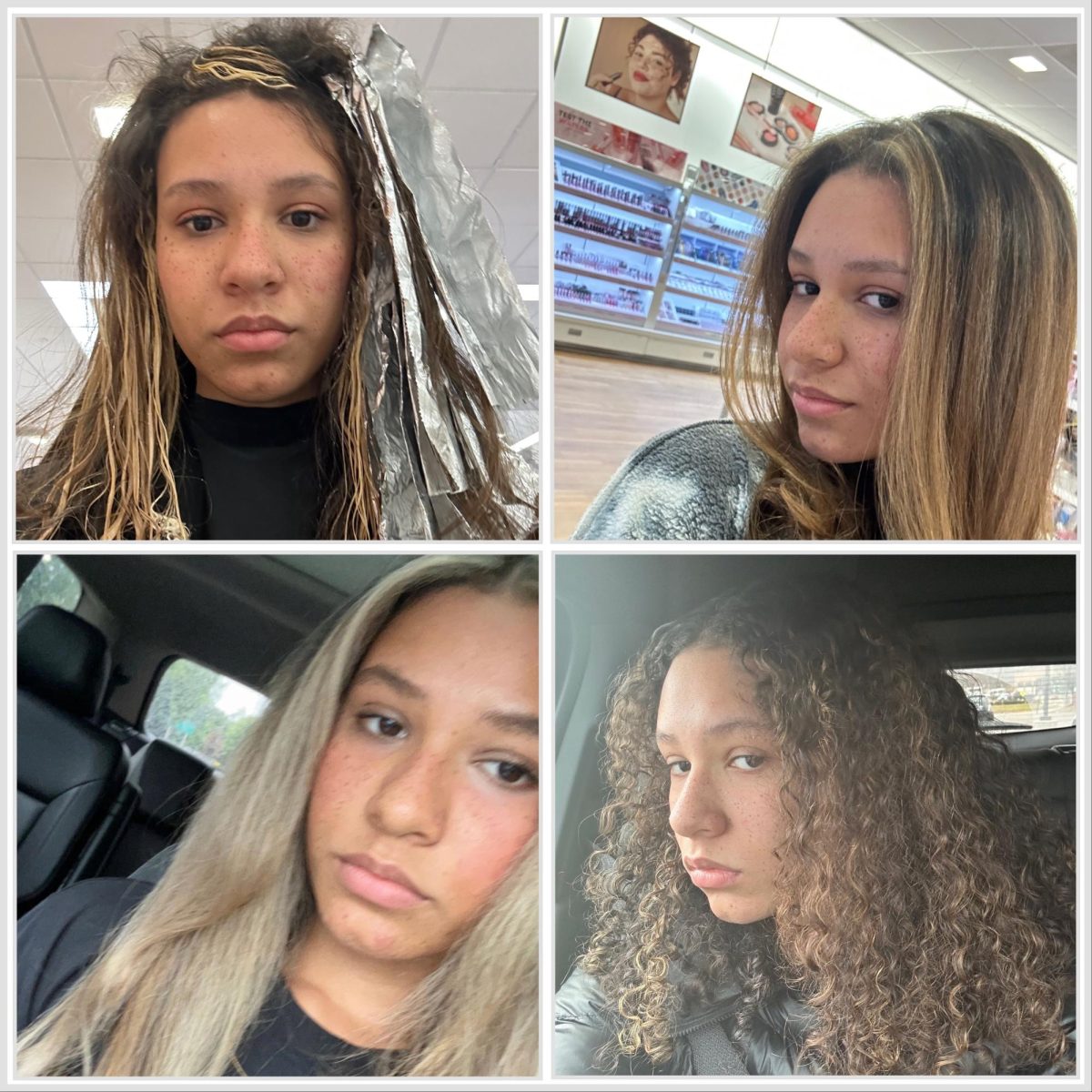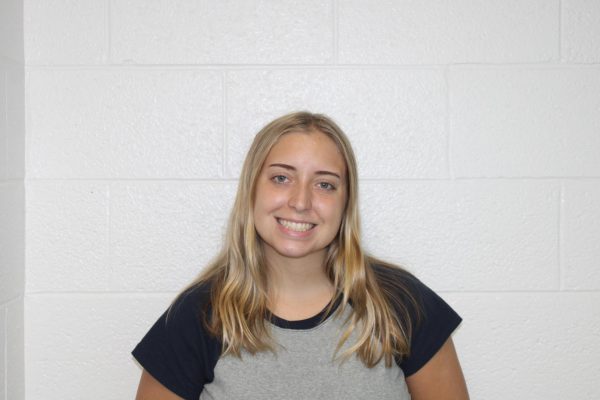“What do you want to be when you grow up?” A question that is as intimidating as it is exciting. A question that causes anxiety with a fear for the future. High schoolers dread this question but must base their chosen courses and classes around a career they are uncertain of. For me, thankfully, the uncertainty and confusion came to an end during my freshmen year. After just one year of high school, I was positive about what I wanted to do with my life. Despite the stigma surrounding going into education, I know I am meant to be a teacher.
As my mom and I strolled through the cluttered aisles of TJ Maxx, I spotted and made eye contact with our neighbor, Mrs. Taylor. Before I knew it, my mom and Mrs. Taylor were in deep, catch-up gossip like they hadn’t just seen each other take out the trash that morning. As the conversation escalated, the topic of college was brought up. As I explained how I wanted to attend Michigan State University to pursue education, I noticed Mrs. Taylor’s facial expression shift. The cheerful grin that had once been spread across her face had transformed into horror and pity.
“Oh honey, why?” she asked, “You seem like a smart girl. Trust me, out of all the career paths out there, you could do so much more.”
It is safe to say that this very interaction was “my villain origin story.” I became even more interested in becoming a teacher. As my obsession flourished, I learned more about myself, discovering that I want to teach high school students to help kids discover themselves.
Being a doctor is admirable and saving lives is impressive. Becoming a lawyer keeps you on your toes and going into politics gives you a chance to change the world. As for education, I want to do all of that and more. I want to make an impact on kids lives like many of my teachers have done on mine.
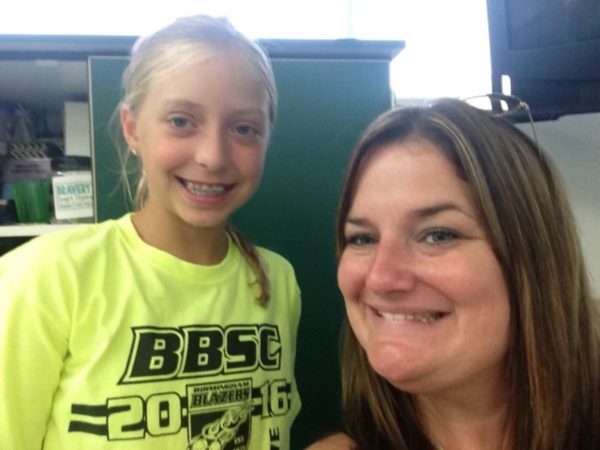
I find myself filled with pride any time I get a chance to talk about my future. I get a rush of joy and excited anxiousness just thinking about taking control of my own classroom. I got the same feeling of excitement talking to Groves High School teachers about their day-to-day as an educator. When I interviewed them, I got the chance to become closer to my teachers and built a relationship bigger than pupil and teacher. I was able to interview three teachers, Thomas Kaufman, Laura Bobrow, and Charles Crimando, to get insight into the works of the classroom. I received great advice that I hope to use and cherish in the future.
The knowledge I obtained will not only make for strong educators but stronger people. I began each interview the same, by asking why that teacher went into teaching. From there the conversation took flight.
“I worked in a summer day camp and I realized I really liked working with kids and youth,” Kaufman said. “I found I could shape them into the best that they could be.”
“I’ve always enjoyed helping people,” Bobrow said. “I had a math teacher in middle school who was really young and energetic and I developed a really close relationship with her. I have also been a really good rule follower and math is all about rules so I was really successful with it. So I was like, hey, I can help people do this.”
“I think I wanted to do something that had some sort of actual value in the world that isn’t just monetary and I always loved art and the written word and stuff like that,” Crimando said. “When I was thinking about career prospects, I thought this is a place where I can sort of blend all of these things that I love and do it there.”
After talking with all my teachers I found a common theme between them all: it’s all about helping people. Teaching is not about the money but the reward of a child becoming interested in what is being taught and growing as a person. There will always be that one teacher that made a difference in your life. I hope I can influence and help kids find their place in the world. This made me curious about my interviewee’s career plan. Is teaching a first choice for a career? This is what the interviewees had to say:
“I liked math so I always wanted to be an engineer,” Kaufman said. “And then I realized after working in the summer camp, I was like, No, I think I want to work with kids the rest of my life because it’s very rewarding and you don’t get that rewarding sensation from many other career paths. Sophomore year of college is when it became part of my plan because it was after my freshman year of college that worked at that day camp and then I was doing engineering classes and I was like, I just don’t see myself sitting in meetings all day. I just didn’t think in 30 years, I’m going to retire and be proud of what I did, and I knew for a fact that in teaching I could.”
“Ironically, I didn’t want to be a math teacher. I wanted to be either a phys ed teacher or a music teacher because I was very athletic and musically inclined. But I always knew I wanted to teach,” Bobrow said. “So I knew I would be a teacher but I didn’t know it’d be a math teacher.”
“Ever since ninth grade, I was interested in it. Some people are like that and others just float into it later in their careers realizing it’s more important,” Crimando said.
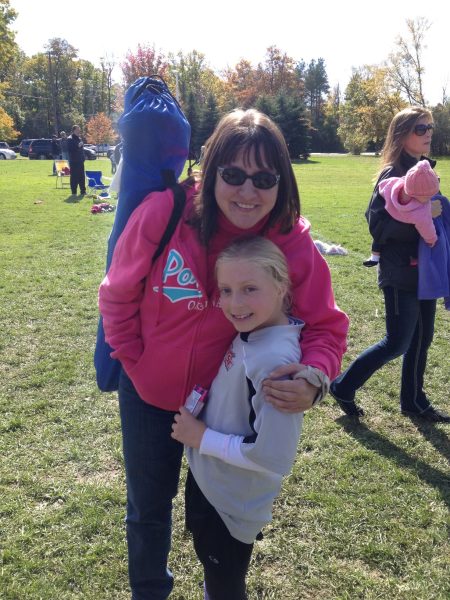
Everyone has their good and bad days at work. To no surprise, teachers also face this too. But what does a good day entail for a teacher? What defines a bad day? Is there a certain line that has to be crossed to confirm and differentiate between a ‘good’ or ‘bad’ day? I asked Kaufman, Bobrow and Crimando and what they had to say fascinated me.
“I don’t really have a hard time getting up in the morning because it’s the best job,” Kaufman said. “The hardest part is to reach a kid that is just unreachable. It’s frustrating when I can see what parents are teaching their kids to do, and how they’re teaching their kids to be just utter failures in college. Another hard thing about teaching for me was changing who I was a little bit for the benefit of students. I’m a people pleaser. In teaching, you can’t be a people pleaser, which was a hard thing for me to realize, but I realized I can be myself, I can still be positive and I can still be goofy. But I’m enjoying my life. I’m enjoying teaching, I’m enjoying focusing my energy on the fun parts. The good parts far outweigh the bad parts.”
“Probably the biggest struggle that I had was struggling to connect with students in a short period of time. When I can’t connect with the kids it’s hard to teach the way I want to teach and I don’t feel like my personality shows through,” Bobrow said. “The best part is seeing growth in students. I love seeing how kids change because what’s special about high school is when you come in as a freshman, you’re a kid and when you leave you’re an adult. So the change from freshman year to senior year is really really cool.”
“One of the hardest things is you just never know what’s going to be next in terms of a challenge,” Crimando said. “A lot of things are always up in the air and constantly shifting. The ground is never solid. Then if I know that there’s a kid that’s struggling, and I have no way to help them, that sucks. There are just times when your control is so limited. But you got into the job because you love people and you want to help the people that you love. I love my students and I want them to succeed. I never feel that I never have to come to work thinking my job doesn’t matter. That’s the cool thing about teachers is that they have this huge collective impact that is impossible to measure and you have no idea how you’re impacting a person’s life.”
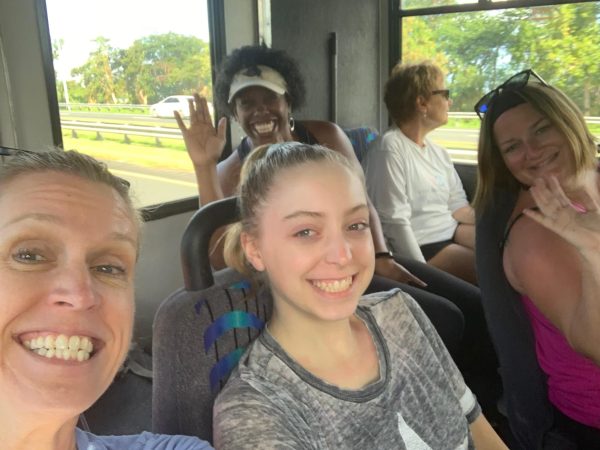
My last question for the interviewees hit home, especially after the Coronavirus pandemic. It’s no secret that the world has changed after the year 2020 but I became curious about the change inside the classroom. How has teaching changed and what will continue to change?
“I think teaching is one of the fastest-changing careers,” Kaufman said. “In every single generation, you’re going to have those teachers that say ‘it’s not the same as it used to be’ or ‘kids these days’. The biggest thing I could tell young teachers is the mindset of the teacher, which is focusing on what this generation can do vs. what past generations can’t. It’s the most accepting and loving generation of any generation in the history of the world and we got to realize that. The classroom you are in isn’t going to be the same as the classroom you grew up in; it’s going to be different. But we need to embrace that.”
“I think teachers have been more into students’ personal issues and trying to be more accommodating. I think some teachers are also getting a more perspective of what’s important,” Bobrow said. “The future needs good teachers because people don’t want to do it anymore. And you have to do it because you love what you do when you have to be passionate. You have to be committed. You have to love what you do. We need teachers because it’s really a problem for the country. I worry about my kids; It just trickles down. So if you want to make an impact teaching is like one of the best places to do.”
“Teaching has changed in a way that it’s a really clear idea now that students are the center of the classroom. Kids are coming up with their ideas, and the teacher is more like secondary to that and more of a coach,” Crimando said. “As for future teachers, don’t let anybody deter you. Don’t let somebody tell you that it’s not for you. Tons of people told me that it’s not a good job and you’re treated poorly. That’s not even true. A lot of people respect what you do in the end. There’s going to be people who have opinions about everything. I feel like sometimes many people like to say not to be a teacher because they wish they could.”

